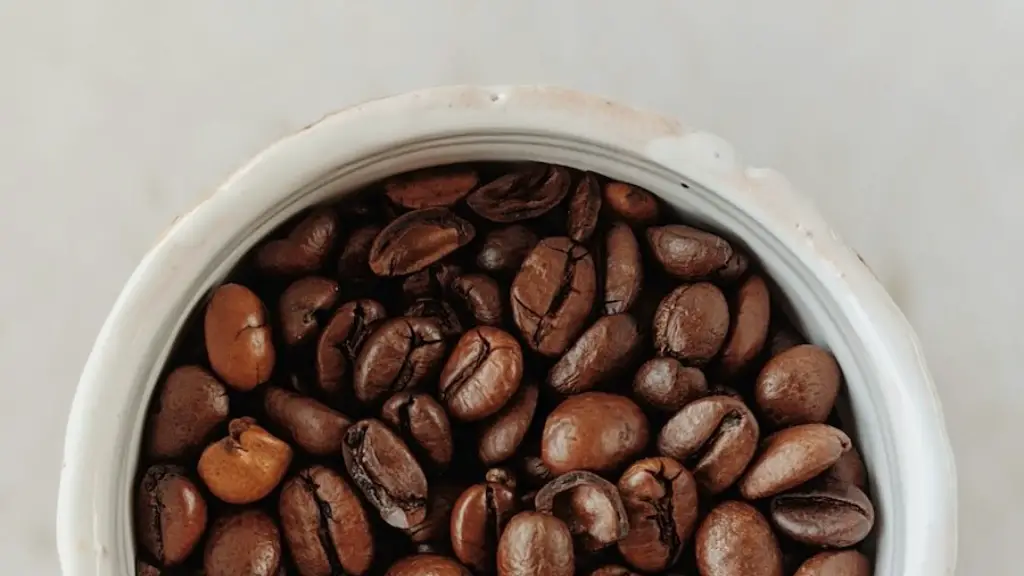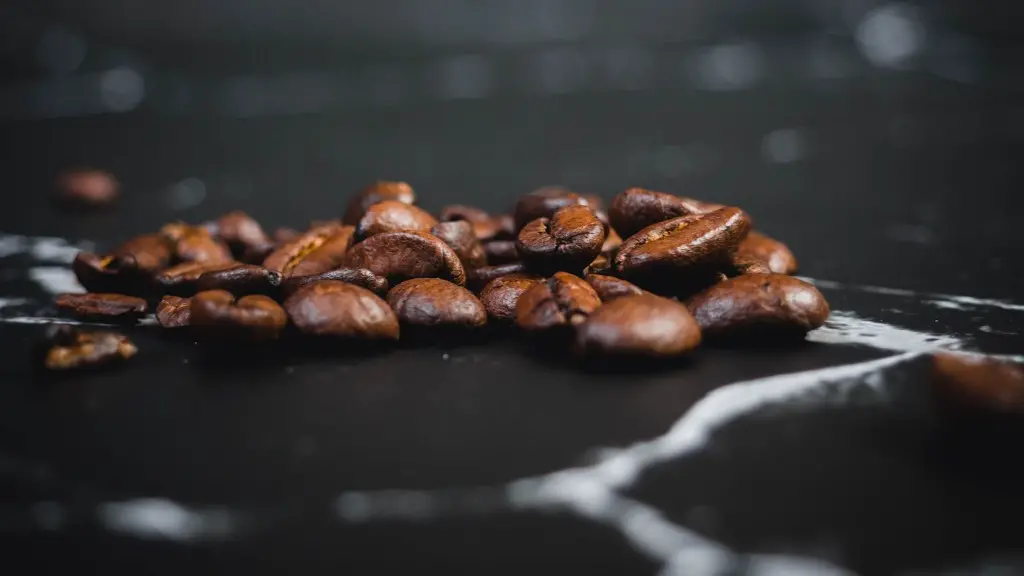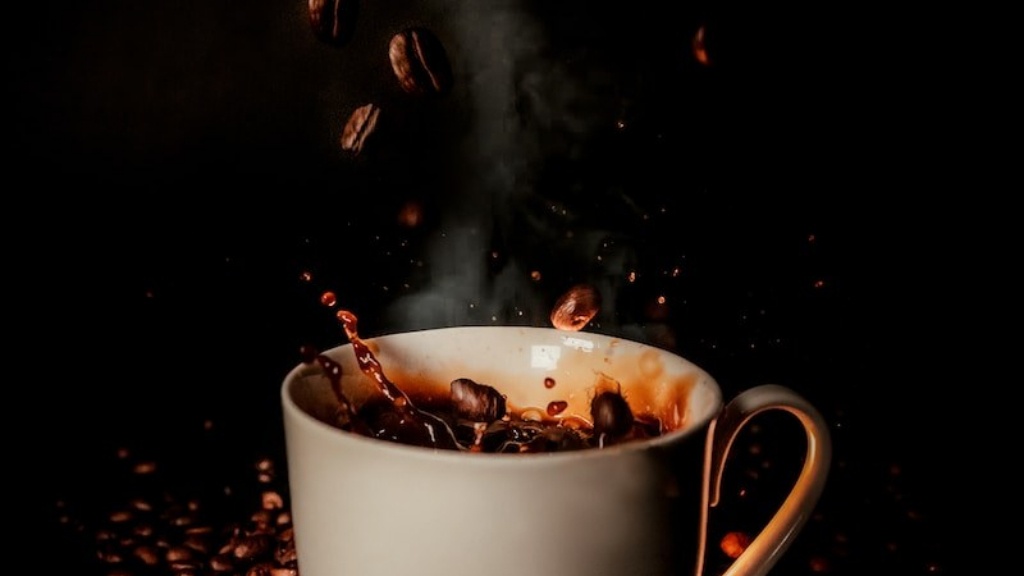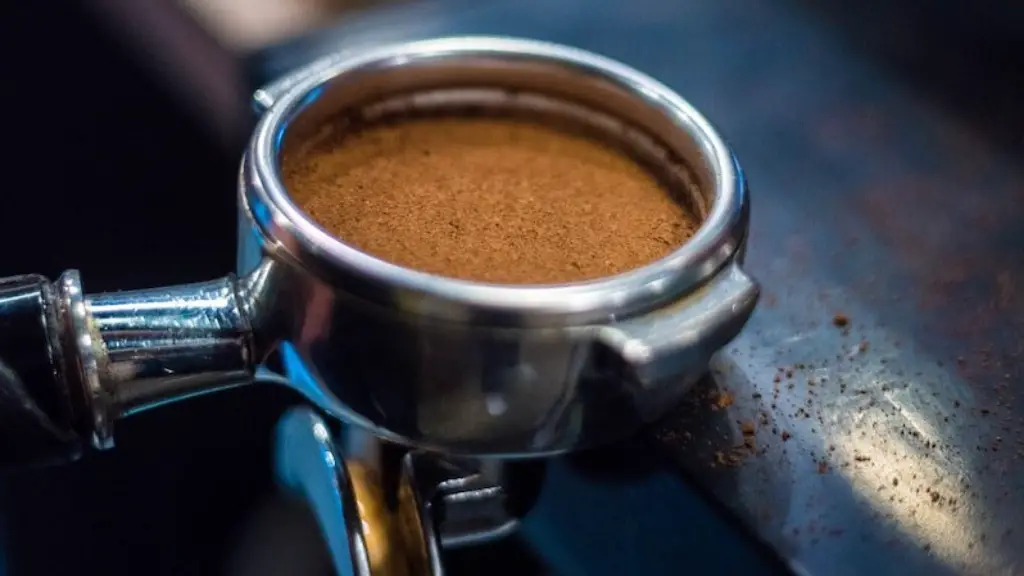Coffee is one of the most widely consumed beverages worldwide and beloved by many. But can we drink coffee if we do not have a gallbladder? Recent studies and expert opinions suggest that drinking coffee without a gallbladder is possible, but any adverse effects should be discussed with a healthcare professional.
The gallbladder is an organ located in the lower right abdomen, just beneath the liver. It collects and stores bile, a digestive liquid produced by the liver. Bile helps people digest fat-soluble vitamins and cholesterol in the food we eat. After eating a meal, the gallbladder contracts and releases the bile into the small intestine, where it mixes with food and helps digest it.
Certain medical conditions, such as gallstones, can damage the gallbladder or cause it to become inflamed. In this case, people may require its removal through a surgical procedure called cholecystectomy. This is a major procedure – and can be life-threatening – so people who are considering this should talk to their healthcare professional first.
People with no gallbladder can still consume coffee without any ill effects. While coffee is safe in general, it should still be enjoyed in moderation, as beverages with high levels of caffeine can cause nausea, jitters, and an increased heart rate. Caffeine can also interact with certain medications, and people should talk to their healthcare provider first before consuming coffee if they take any medicines. Coffee may also increase the risk of developing type 2 diabetes and heart disease, and it is not recommended for those who have pre-existing conditions.
People without gallbladders may not experience any changes in digestion after drinking coffee. However, some people may feel some gastrointestinal discomfort, such as bloating, pain, cramping, and diarrhea. If you experience any of these symptoms after having coffee, it is important to speak to your healthcare professional to see if there are any lifestyle changes that can be made to reduce the discomfort.
In conclusion, drinking coffee without a gallbladder is possible. If you have an underlying condition or take any medications, it is important to consult with a healthcare professional before drinking coffee. Also, for those with no gallbladder, small amounts of coffee may help reduce any symptoms of gastrointestinal discomfort.
What Is Bile?
People with gallbladders produce and store bile, a greenish-brown liquid produced by the liver. Bile helps the body break down fats, cholesterol, and fat-soluble vitamins from food. It is made up of bile salts, cholesterol, and bilirubin, a yellow-brown pigment that gets rid of waste products from the body.
Bile is stored in the gallbladder, where it is concentrated and eventually released into the small intestine to help with digestion. When the gallbladder is removed, the liver continues producing bile, but it is now released directly into the small intestine. This can affect digestion, as the bile is released in smaller amounts and at different times than when it was being stored in the gallbladder.
Bile can also become concentrated when there is no gallbladder to store it. This can lead to heartburn, indigestion, and other gastrointestinal issues. That is why people without gallbladders should pay extra attention to their dietary habits and may even need to make dietary changes to reduce their symptoms.
Are There Benefits to Drinking Coffee Without a Gallbladder?
Recent studies suggest that coffee may offer some beneficial effects for people without a gallbladder. Studies have shown that drinking coffee in moderation might reduce the risk of developing type 2 diabetes and heart disease. What’s more, coffee may improve gut health and provide a source of antioxidants, which help fight inflammation.
Caffeine is also known to reduce the pain associated with gallbladder removal, as it fully relaxes the digestive tract muscles, reducing the discomfort and inflammation usually caused by the surgery. Also, while bile reflux may occur without a gallbladder, moderate coffee consumption has been linked to reducing the incidence and severity of bile reflux.
Things to Consider Before Drinking Coffee Without a Gallbladder
While some research suggests that there may be benefits to drinking coffee without a gallbladder, it is always best to talk to your healthcare professional first. People should pay attention to the amount of caffeine they consume, as too much can cause jitters, nausea, and an increased heart rate. Caffeine can also interact with certain medications, so if you take any medicines, it is important to discuss this with your healthcare provider.
People without gallbladders may also experience gastrointestinal discomfort such as bloating, pain, cramping, and diarrhea. If this occurs after consuming coffee, it is important to review your dietary habits and to consult with your healthcare professional. Changing one’s diet may help reduce symptoms of gastrointestinal discomfort.
How to Reduce Gastrointestinal Discomfort From Drinking Coffee Without a Gallbladder
For people without gallbladders, small amounts of coffee may help reduce symptoms of gastrointestinal discomfort. To reduce discomfort further, people should drink coffee with meals instead of on an empty stomach. This will help reduce the amount of bile reflux and potentially reduce any discomfort. Adding milk or cream to coffee can also help neutralize the acidity and reduce symptoms.
Avoiding processed foods, as well as foods that are high in fat and refined sugars, can also help reduce gastrointestinal discomfort. Eating smaller meals throughout the day is also a good way to reduce symptoms of gastrointestinal discomfort. Eating a balanced diet that includes plenty of fruits, vegetables, whole grains, and low-fat proteins is recommended.
What to Drink Instead of Coffee Without a Gallbladder
If you do not have a gallbladder and coffee is not an option, there are many other beverages that can be consumed as an alternative. Herbal tea is a great option, as it is naturally caffeine-free and comes in many delicious flavors. It can also be a great source of antioxidants, which can help boost the immune system.
Fruit juices and smoothies are also a healthy alternative to coffee, providing many essential vitamins, minerals, and antioxidants. Bone broth is also a great option, as it helps to promote gut health, and is full of vitamins, minerals, and amino acids that can help support the digestive system. It is also a good source of calcium and magnesium, two important minerals for bone health.
Coffee Alternatives for People Without Gallbladders
If you do not have a gallbladder but still want to enjoy a beverage, there are some alternatives to coffee that you can explore. Decaf teas and coffees are a good option, as they have most of the beneficial compounds present in coffee without the caffeine. Apple cider vinegar can also be consumed, as it is known to aid digestion and reduce acidity in the stomach.
Chicory is another coffee alternative and an excellent source of dietary fiber, calcium, and magnesium. It has a sweet and nutty flavor and contains compounds that may help reduce inflammation. Kombucha is also a great option, as it is rich in antioxidants and probiotics, which can help promote gut health.
Overall
In summary, drinking coffee without a gallbladder is safe, but any adverse effects should be discussed with a healthcare professional. People with no gallbladder may not experience any changes in digestion after drinking coffee but may still experience some gastrointestinal discomfort. For those who don’t want to drink coffee but still want a flavorful beverage, there are several alternatives. It is important to talk to your healthcare professional about any dietary changes that may help reduce symptoms of gastrointestinal discomfort.





